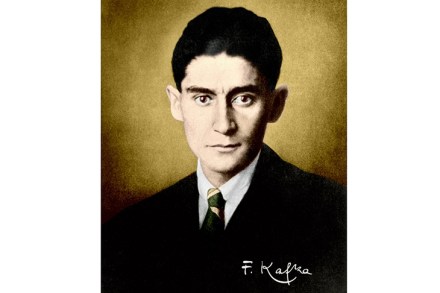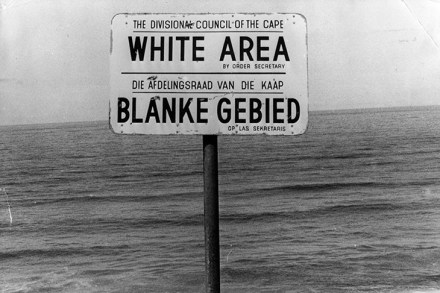Squabbling over Kafka
Benjamin Balint’s Kafka’s Last Trial is a legal and philosophical black comedy of the first water, complete, like all the best adventure stories, with a physical treasure to be won or lost. Balint lays out with cool, collected passion the full absurdity of the 2011 court struggle which climaxed when a couple of boxes of aged, yellowing jottings, upon which an elderly Tel Aviv lady had allegedly allowed her cats to sit for many years, were taken under armed guard, besieged by writs and counter-writs, to the highest court in Israel. Until 1973, you see, these boxes had belonged to Max Brod, best friend of Franz Kafka, the legendary Nostradamus





















